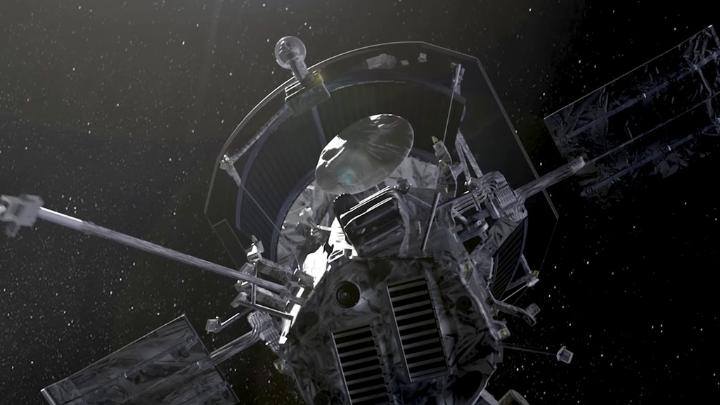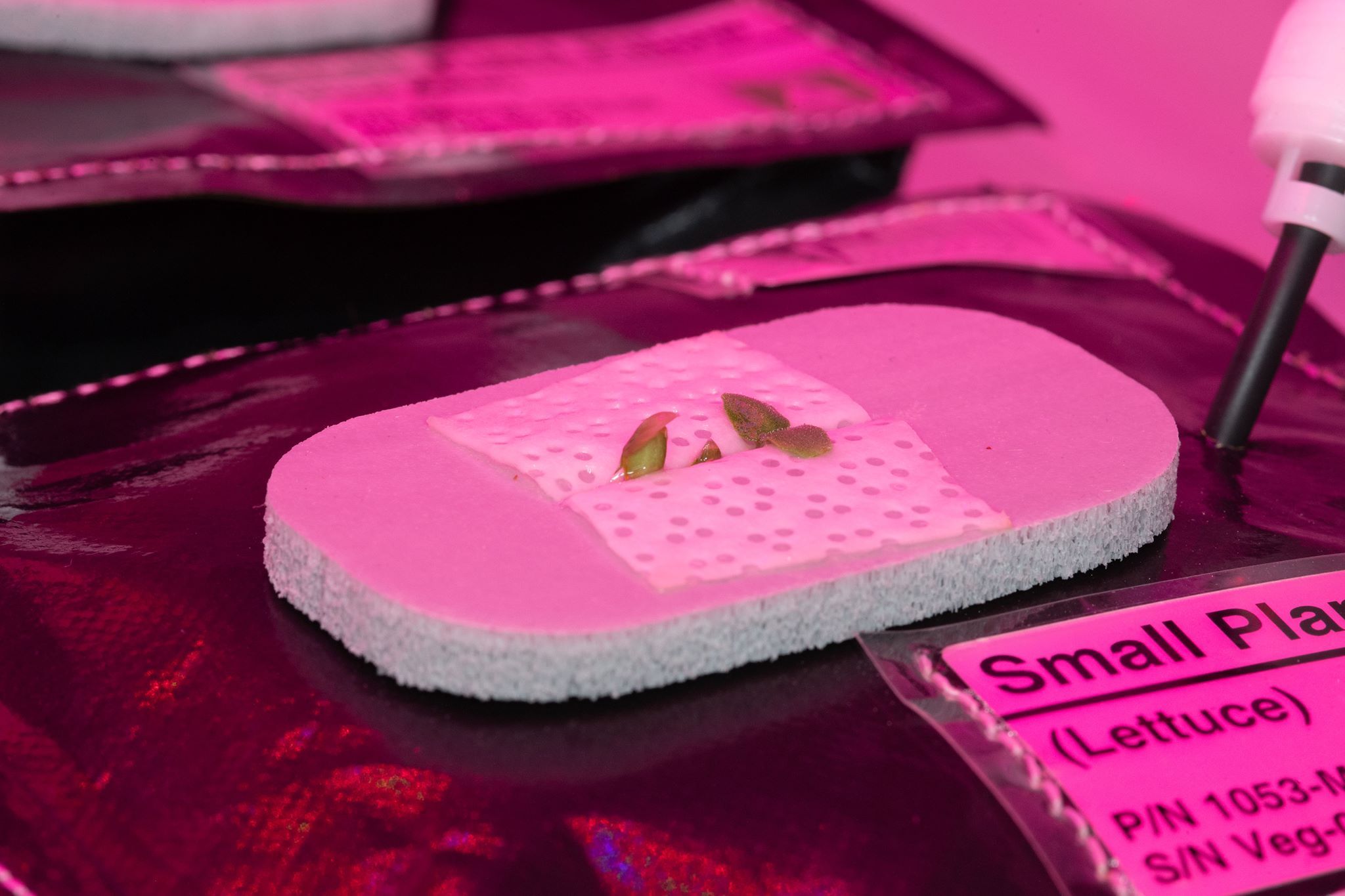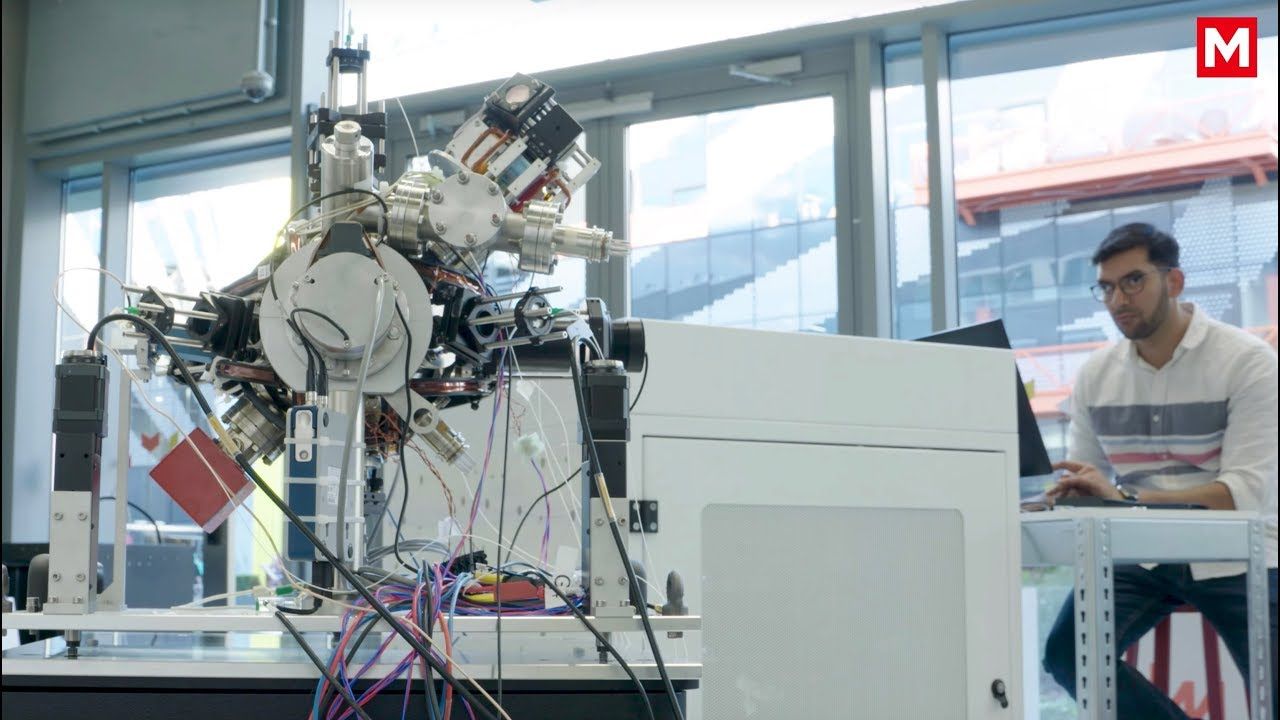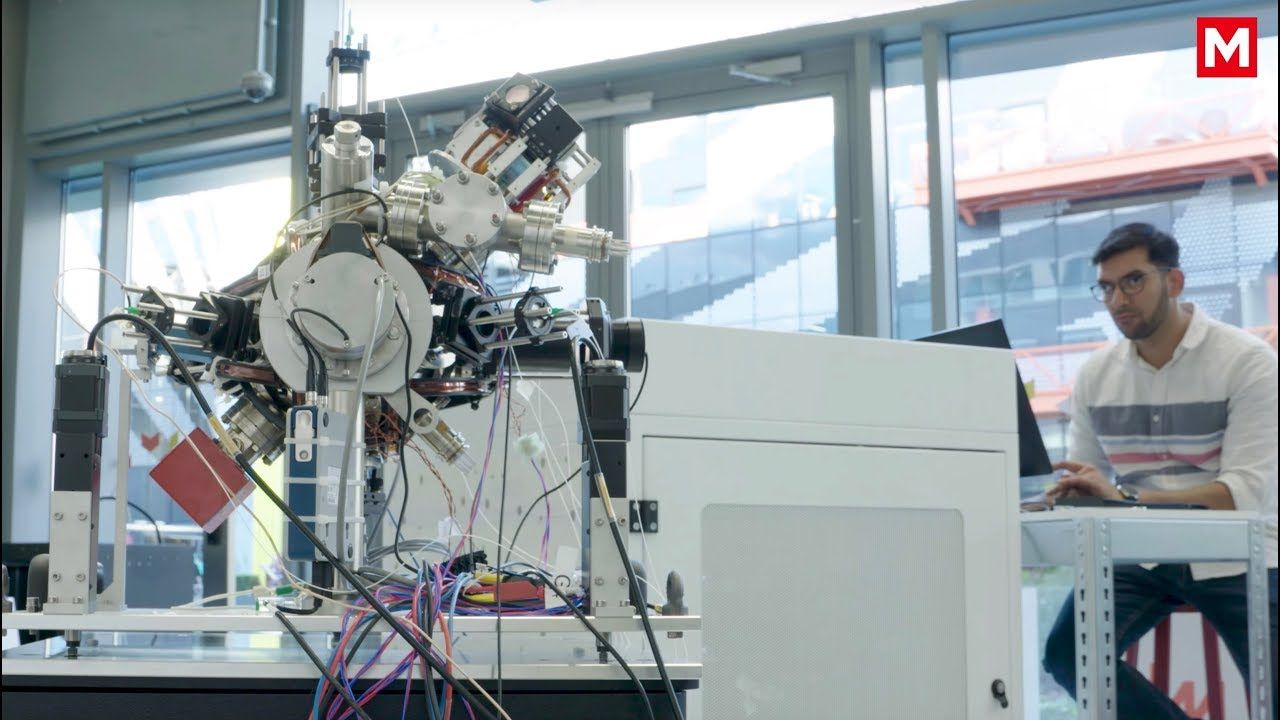
Motivation is such an intangible aspect of the human spirit that we often forget it has very real, neurochemical origins. We admire it in others and strive for it in ourselves (see: every Nike ad ever made), and now we are getting closer to potentially inducing that motivational feeling with drugs.
John Salamone, Ph.D., a professor at the University of Connecticut with a background in neural and behavioral pharmacology, has been working with the drug company Chronos Therapeutics to develop a drug that can restore motivation in people who have lost it — whether that’s due to the symptoms of depression, struggle with disease, or otherwise. He unveiled his early results on rats this week in a presentation at the Society For Neuroscience’s conference in San Diego, where he tells Inverse his board was bustling with activity:
“Basically we stood there for four hours and were busy the entire time,” says Salamone. The reception was overwhelmingly positive, he adds. “We didn’t have anyone say ‘This is crazy! This will never work!’”.
Continue reading “Potent, Cocaine-Like Motivational Drug Unveiled at Neuroscience Conference” »


















